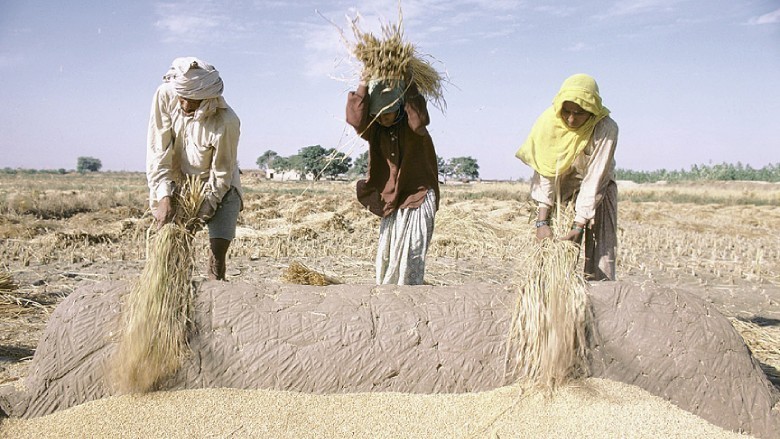
World Bank: Drought, War in Ukraine Drive Morocco’s Food Inflation
Rabat - Morocco’s food inflation reached 8.4% at the end of May, down from 9.1% which was recorded in March and April following Russia’s invasion of Ukraine.
The surge in food prices resulting from a severe drought and global disruption of the supply chain due to the war in Ukraine led to a significant increase in Morocco’s food consumer price index (CPI) to amount to 9.5% at the end of May, the World bank said on Friday in its latest food security update.
Still, Morocco’s surge in food CPI - which measures the price of a market basket of goods purchased by households - remains lower than Egypt’s (24.2%) and Lebanon’s (216%).
The World Bank noted that Morocco saw a 32% drop in cumulative rainfall at the end of May 2022 compared to a normal year, which led to a 17.1% shrink in vegetable production. This is estimated to have contributed to the increase in food prices, thus driving up the CPI and food inflation.
According to the bank, 93.8% of low-income countries, 89.1% of middle-income countries, and 89% of upper-middle-income countries have recorded over 5% inflation rates while many experienced double-digit inflation.
As of July 29, the global agricultural price index was 19% higher than in January 2021.
Yet, the recent agreement between Russia, Ukraine, the UN, and Turkey to open Ukraine’s Black Sea ports for the exportation of more than 20 million tonnes of grains is expected to alleviate the war’s impact on poor countries facing overlapping food and debt crises. The list of such countries includes Afghanistan, Eritrea, Mauritania, Somalia, Sudan, Tajikistan, and Yemen.
Nevertheless, the Ukrainian Grain Association recently highlighted that, compared to last year, the war has resulted in a 25% cut in harvest, a 35% decrease in production, and a 41% drop in export capacity.
The World Bank notably warned of the lingering impact of the war in Ukraine, underlining that the war “has altered global patterns of trade, production, and consumption of commodities in ways that will keep prices at historically high levels through the end of 2024 exacerbating food insecurity and inflation.”
In a July blog post, the bank recommended “market adjustments alongside government policies to improve energy efficiency and boost energy production can resolve commodity market imbalances, although this process can be prolonged.”
The blog added that current “government policies have focused on fuel subsidies and tax breaks that can exacerbate price pressures by sustaining high demand.”
Source: Morocco World News.
